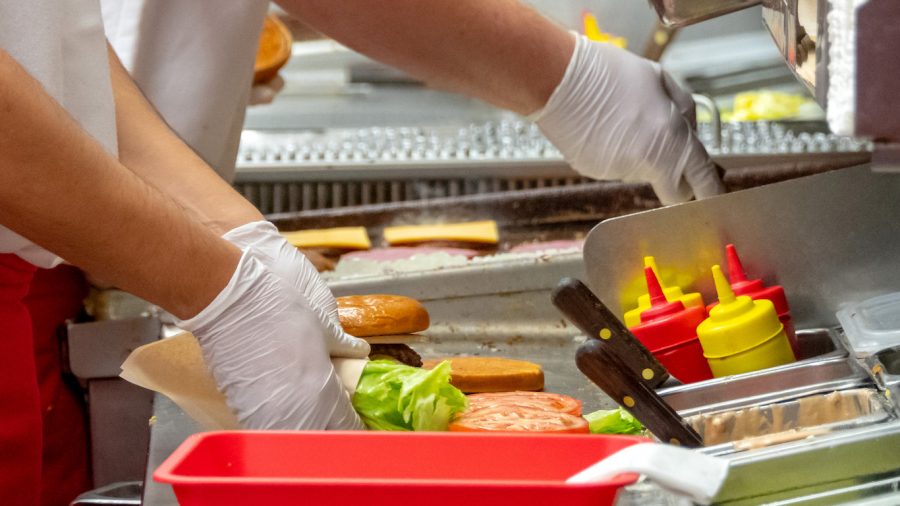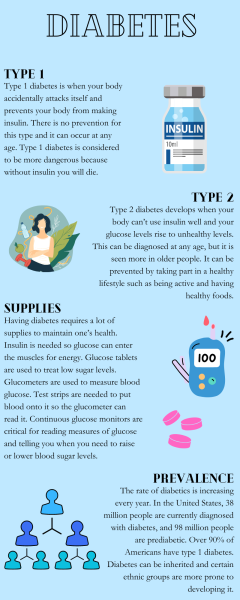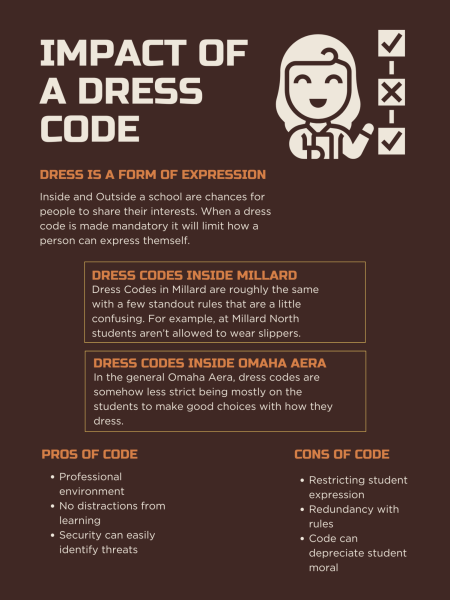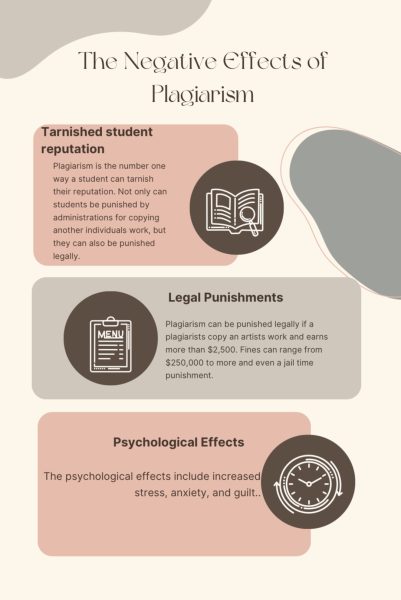Fiddling with food
Working in food service teaches teens valuable skills
photo courtesy of 24/7 Wall Street
When walking into any fast food establishment this is a very common scene to encounter. Most of the faces you’ll see are the fresh faces of teens, young and new to the workforce. They hope to gain experience and a little extra cash. These jobs however, require a lot of hard work and long hours by these teens. But, their work is essential to make big name businesses a success.
October 3, 2019
Jobs. They are the very foundation for making a living. They are essential for providing valuable work experience and developing essential life skills. Individuals with dedication and passion for a chosen field may even choose to make this their career after being employed in a certain field for an extended amount of time. However, in order to reach this ideal career, every individual must start somewhere.
As a teenager, I know that many of my friends and fellow students have already experienced their first job. The age 16 is a large contributor to why many teens choose to dedicate time to an after school job, as this is the minimum hiring age for most companies. According to a study in 2018 conducted by Child Trends, about 50% of teens and young adults ages 16-24 were employed either part-time or full-time. Now the question “Where do you work?,” doesn’t seem so foreign in casual conversation. Every time I learn where my classmates work, I notice all their jobs seem to fall under one category, food service.
However, this shouldn’t come as much of a shock. A quick Google search for “jobs for teens” and in little time, the page is filled with offerings from big-name food companies like McDonalds, Burger King, Starbucks, Scooters, with the list only growing from there. With an average pay of $11.00 an hour, according to ZipRecruiter, and little to no experience required, they are the most appealing for young teens wanting to gain some hands-on experience.
While the foodservice industry can be overwhelming at times, due to the 85 million Americans purchasing some form of fast food or eating at a restaurant every day according to the CDC, it’s important to have the young teens of America employed in this industry. This area helps build on essential skills for later employment and is a great base job for teens to have.
As a current employed teen in the food industry, this as a first job, requires the use of several skills in order to make every interaction with a customer a success. One must be respectful, efficient, consistent and a plethora of other things to effectively perform a job in this industry. They are also essential for later involvement in the workforce and make for a better performance in higher level jobs. In these fields, having a good grasp on the basic skills like these help tremendously, as they are built upon in more involved fields. For example, one may have to work with people they aren’t familiar with and still be able to communicate. There may be deadlines or large projects that require a good use of time management and efficiency.
To help, I’ll use my current place of work to demonstrate where these skills are used. I am employed at Starbucks, a well-known coffee house whose drinks are extremely familiar with the consumers of America. The location tends to become very busy rather quickly, as it’s located in a very popular grocery store. Therefore, I must create a memorable experience for the customer, communicate the order effectively to my co-workers and perform this with speed and accuracy. It’s quite a bit to take in as someone still new to the idea of having a part-time job. However, as I work more shifts, I’ve begun to notice little things that have improved every shift. How I can input things into the register faster, produce quality drinks without having to put a lot of thought into how to make said drink and better communicate exactly what the customer would like.
In addition to being employed at Starbucks, I work at a second establishment where I come in direct contact with physical food. Because of this, I’ve had to learn the proper way to handle different types of food and proper food safety techniques that ensure a quality product for the consumer. I’ve also learned how to work as a team to make sure orders are fulfilled on time and make sure that each order is correctly bagged. This ensures that the customer receives all of their ordered food.
With these things in mind, it’s easy to see why the food industry provides so much experience for teens. There is so much work done by the young employees of big-name brands and individuals tend to overlook that. That burger or expensive drink that is purchased took lots of work to prepare beforehand. Now as an employee, teens understand what goes into making an establishment run smoothly and gain more respect for the people who once served them. I find myself thinking as I walk into a store late that I don’t want to be “that” customer, the one who comes in at the very last second and inconveniences the workers. One starts to put more thought into ordering food when the individual has been in the exact same position as the worker who’s serving them.
Though this is my personal experience in the food industry, the situations and principles can be applied to other food environments that teens may choose to work in.
As one can observe, having experience in the food industry at some point is extremely beneficial to developing essential skills for the future. Having a position like this sometimes involves hard, messy work. There are no shortcuts because as an employee of any major food company, the work they do directly reflects the brand. It’s up to an individual new to the workforce to learn, adapt and perform to the best of their ability. After the mess, individuals can use this gained knowledge as a jumping-off point for other careers, as some of the best had to start somewhere.

















